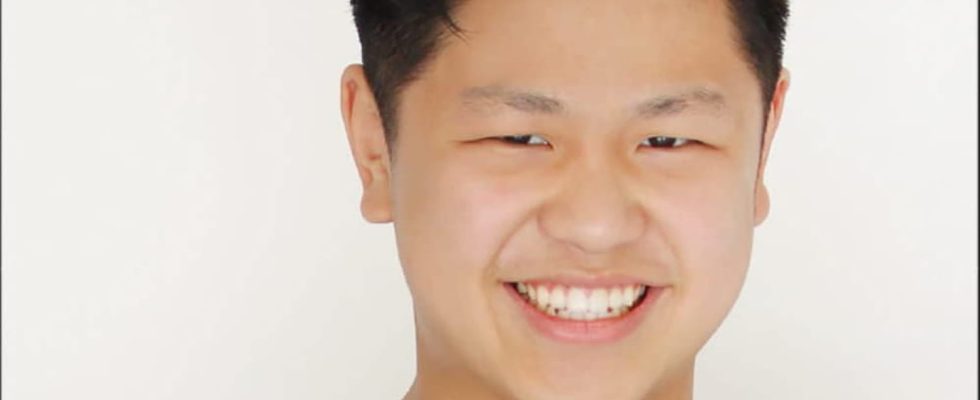Max Park is a child like no other, but that’s what makes him strong. Facing fine mobility issues and diagnosed with autism at the age of two, he found his passion through a puzzle game, becoming the best player in the world. Here is his incredible story, full of hope.
Now 22 years old, Max Park is undoubtedly an example to follow for many children. When he was two years old, he was diagnosed autistic and must live with fine mobility problems. For him, opening a simple bottle of water is an obstacle course. But as he grows up, Max finds a real passion: a puzzle game which will quickly become a remarkable therapeutic solution.
Indeed, Max Park gradually became interested in solving Rubik’s Cube, until this game became his main source of fulfillment. He then perfected his skills in solving the famous cube, a specialty called Speed Cubing. In June 2023, Max Park then beat the Rubik’s record, in just over three seconds. He is even considered the best player in the world and his name is in the Guinness Book of Records.
In addition to this recognition around the world, the Cube offered him a way to strengthen his fine motor skills and stimulate his mind. This practice, which became a valuable therapy, allowed him to develop numerous skills, overcome his difficulties and socialize. His determination and exceptional talent have made him, at just 21 years old, an emblematic figure of Cubing with impressive records.
A Netflix series about his story
His performances were also highlighted in a Netflix series that explored his rivalry with Australian Feliks Zemdegs, “The Speed Cubers.” Overcoming many obstacles, Max Park is today recognized for his records, but also for the hope and inspiration he embodies for people facing similar challenges. His journey demonstrates that the Rubik’s Cube, much more than a simple puzzle, offers therapeutic possibilities and proves that talents and potential can be expressed in another way.
